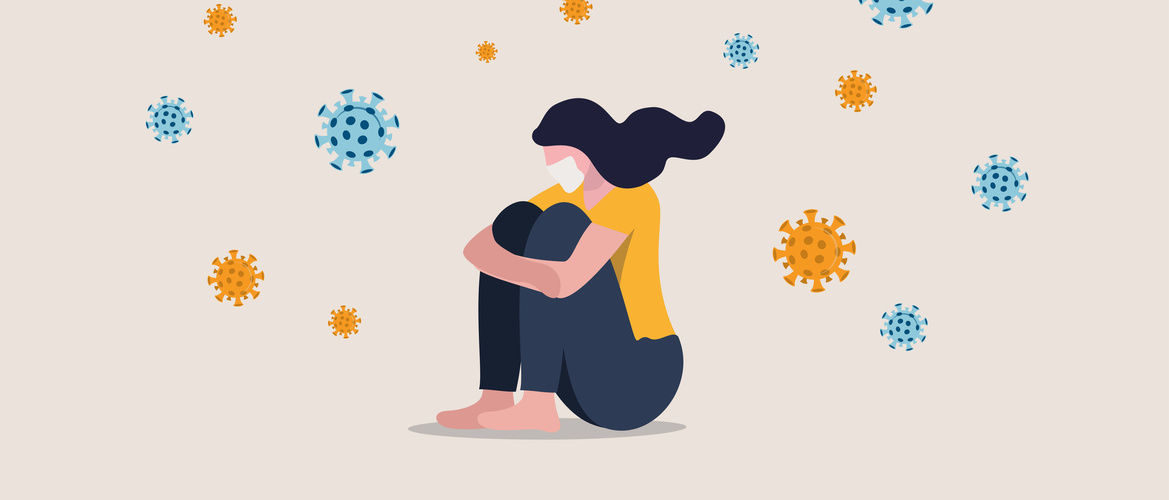
Social isolation, of the kind made worse by COVID-19, affects many systems relevant to mental health, and especially depression. These include, monoamine levels and gene expression, hippocampal volume, cognition, sleep, and the HPA axis, Maria Oquendo (University of Pennsylvania, USA) told CINP 2021 Virtual.
Young adults who perceive themselves as lonely appear less rewarded by pleasant social stimuli than those who do not report loneliness: on functional MRI, pictures of people produce weaker activation of the ventral striatum.1
Research on a UK cohort now becoming elderly shows that isolation induced by recent bereavement is associated with a disturbed pattern of diurnal cortisol levels of the kind linked to increased morbidity and mortality.2
In rodents, enforced isolation leads to reduced volume in areas of the hippocampus that are associated with depression in humans, and with alterations in neuronal plasticity.3
Loneliness impairs brain activation in response to pleasant social and non-social cues1
These three examples of the profound effects of isolation were among many described by Marian Oquendo in her plenary address.
In social animals, absence of contact has profound effects4
Since we have evolved to depend on the group for safety and survival, it is not surprising that isolation has negative effects, she argued. But their extent, as revealed in a recent overview, is remarkable:4
- mental health and sleep suffer, with increased rates of depression, pain and fatigue
- there are adverse effects on executive function, attention, and executive control
- isolation leads to impaired cellular and humoral immunity, increased pro-inflammatory cytokine response to stress, increased use of healthcare resources, and increased mortality in those aged over fifty.
It also leads to hypervigilance to threat. And this is among the most destructive consequences, said Profesor Oquendo -- since the bias towards environmental events that confirm a sense of threat exacerbates anxiety, hostility and aggression and so perpetuates the vicious spiral of isolation.4
Isolation disrupts neurotransmitter systems and downstream behaviors such as cognition and aggression implicated in psychopathology
Animal studies reveal effects on neurotransmitters
In female hamsters, social isolation induces aggression and alters the regulation of oxytocin and 5HT-1a receptor binding in brain circuits mediating social interaction.5
Mice isolated post-weaning are significantly more aggressive than non-isolated animals and have lower prefrontal cortex serotonin receptor gene expression.6
And in zebrafish, a highly social species, isolation reduces whole-brain levels of serotonin.7
Implications of COVID-19
Even before the COVID-19 pandemic enforced unprecedented levels of social isolation, many countries were experiencing an epidemic of loneliness.
In the US, Europe and China, rates of self-reported loneliness start to rise steeply after the age of 50, and at 65 years appear to affect around 20% of the population.8
With or without COVID, managing isolation and its neurobiological consequences is a challenge societies will increasingly have to face.
HPA axis : hypothalamic-pituitary-adrenal axis
CINP: The International College of Neuropsychopharmacology
BE-NOTPR-0081, approval date 10/2021
